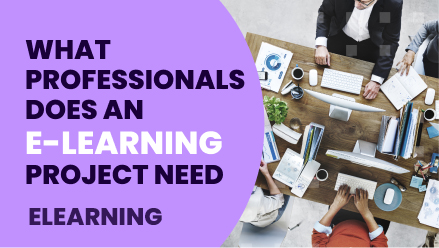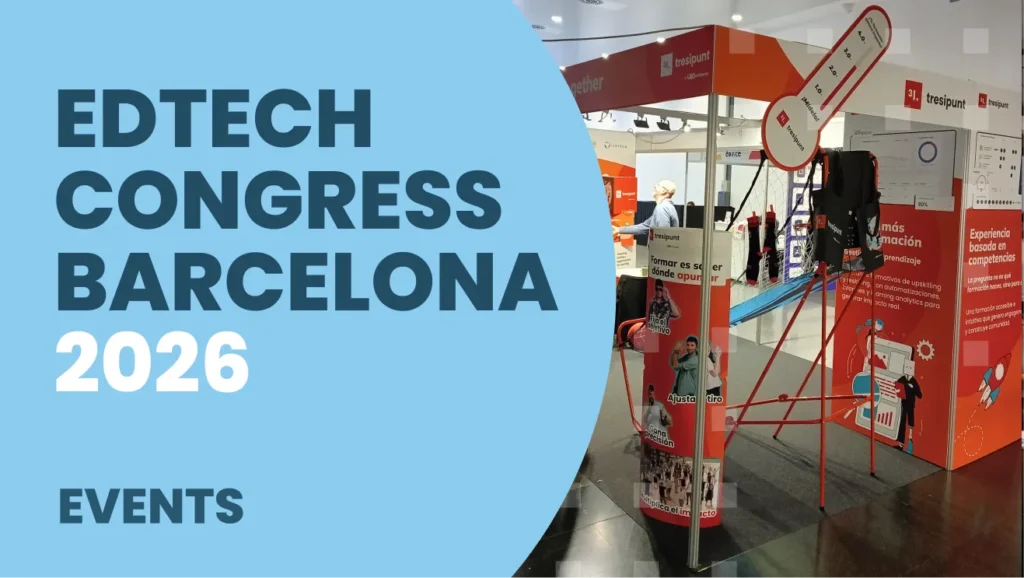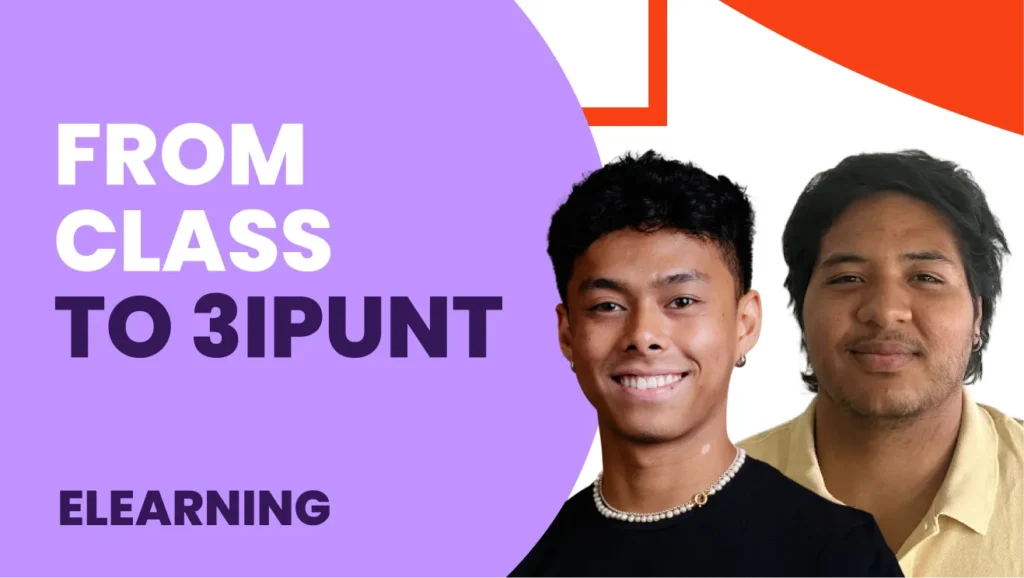As in all projects, it is advisable to have professionals to carry out the project, each of them participating in different phases.
When we talk about projects for online training, it is necessary to have different professional profiles to carry out to ensure the effectiveness of the elearning project.
From instructional designers to e-learning developers and programmers, each role has unique skills and knowledge essential to the development of successful online course.
Let’s take a look at each of the professionals needed for an e-learning project.
You may be interested in: 3ipunt, team of experts in e-learning platform development
What roles does an elearning project need?
E-learning Manager
He/she is responsible for leading the educational project, and therefore, supervising the work team and the tasks of each one of them in all its phases.
It is usually a profile trained in project management not only at the beginning and development stage but also in its operation after delivery.
E-learning content developer

This profile works in the planning of all the e-learning content to be offered to the student.
Its main function is to develop the teaching material and its structure. Decide whether to plan by theme and what to include in each theme. Sometimes gamification elements are included and sometimes other types of elearning content are better.
This professional usually goes together with the graphic designer that we will see later on.
Instructional Designer
The instructional designer has extensive experience in learning and teaching methodology to create educational processes.
Depending on the needs of the project in question, structure the content to be implemented according to these needs. The same methodology will not be applied to a course in a school as to a training course in a company.
The elearning content profile is sometimes confused with that of an instructional designer. While the first is focused on creating resources, the second organizes the information and presents the content to ensure good results.
Graphic Designer

As mentioned above, the graphic designer works together with the instructional designer in the development of course content.
This professional is the one who elaborates the graphic line of the project, designing the necessary multimedia resources (diagrams, images, videos, animations, illustrations, etc.) and sometimes the graphic interface of the e-learning platform itself.
Programmer / e-learning project developer
These are the professionals who implement the IT structure where the online training will take place. They work developing elearning platforms programming the necessary functions to carry out the educational project.
They are experts in different environments and web programming languages or LMS platform developers who take care of all the technical aspects required by the training project.
These developers leave a final phase for testing the project.
They perform quality tests at technical and user level for the resolution of possible failures.
E-learning platform administrator
As its name suggests, this profile is in charge of managing the platform, configuring or editing courses, monitoring student activity and progress, preparing student reports, etc.
Moodle Workplace 4.2 New features
Are you looking for an elearning platform for your company? Moodle Workplace is your perfect partner to train your employees.
We invite you to learn more about what’s new in Moodle Workplace 4.2. We told you about it on June 14.
Join for free!
I want to know what’s new in Moodle Workplace 4.2
E-learning course tutor

Tutors or educators are in charge of supporting and guiding students throughout the course to ensure that the objectives are achieved.
For the course to be successful, it is necessary that the educator has the ability to dynamize the courses, encouraging student participation, communicating with them in case of any concerns, and helping them in the use of the platform.
You may be interested in: Moodle Educator Certification





